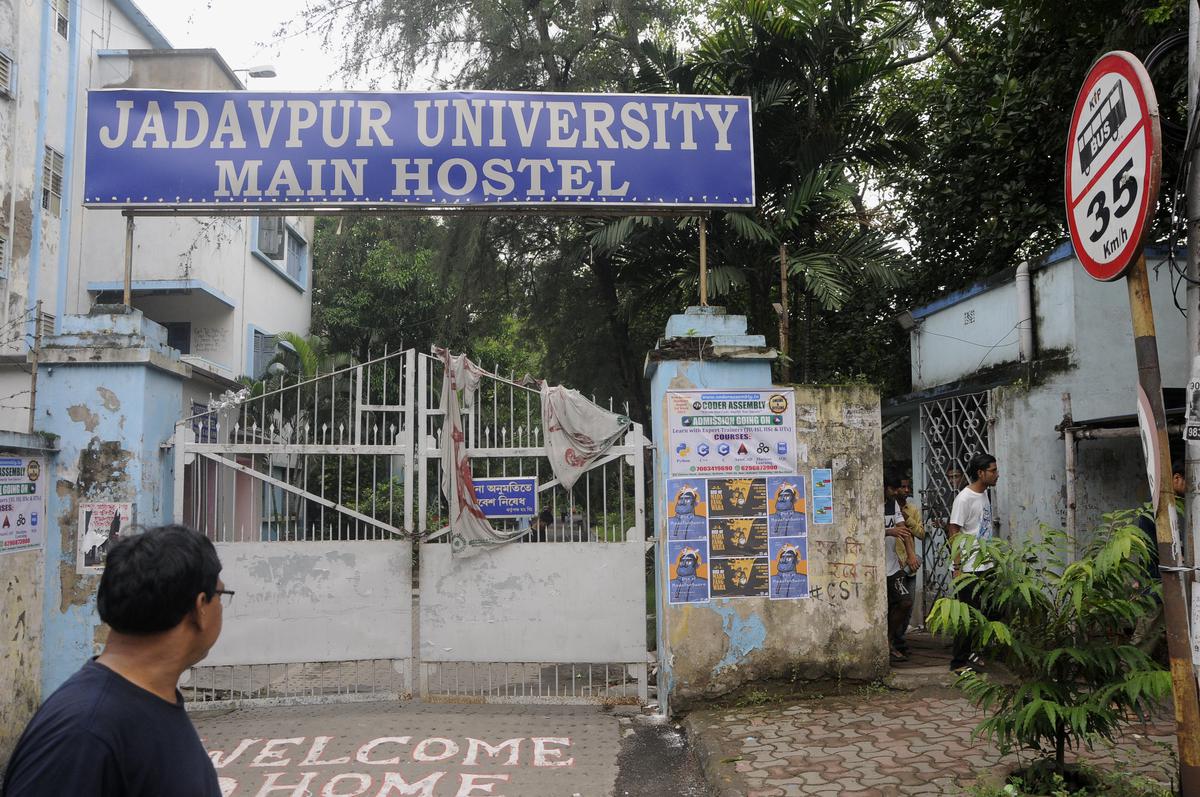The University Grants Commission’s (UGC) Empowered Expert Committee (EEC) has put forward a recommendation against granting eminence status and increased autonomy to Jadavpur University, a decision that has sparked debates and discussions within the academic community and beyond.
The EEC, responsible for evaluating applications from universities seeking the status of “Institutions of Eminence,” evaluated Jadavpur University’s proposal and determined that it did not meet the necessary criteria for the prestigious designation. The eminence status, if granted, would have provided the university with greater financial and academic autonomy to further its research and educational goals.
The recommendation has disappointed many within the university, including faculty, students, and administrators, who were eagerly anticipating the potential benefits that the eminence status could have brought. The status would have allowed the university to receive special funding and have more control over its academic and administrative affairs.
Jadavpur University, known for its rich history and contributions to various academic disciplines, had submitted a comprehensive proposal outlining its plans for enhancing research, infrastructure, and international collaborations. However, the EEC’s assessment has deemed the proposal insufficient to warrant the prestigious status.
Responding to the recommendation, a spokesperson from Jadavpur University expressed the institution’s commitment to excellence in education and research. They stated, “While we are disappointed with the current outcome, we remain dedicated to our mission of providing quality education and fostering innovation. We will continue to work towards achieving our goals, with or without the eminence status.”
The decision by the UGC’s EEC has sparked discussions about the criteria and evaluation process for conferring eminence status to universities. Some critics argue that the criteria might need to be more flexible to accommodate the diverse contexts and strengths of different institutions.
This development is also likely to prompt conversations about the broader issue of autonomy in higher education institutions in India. While autonomy can empower universities to make decisions that best suit their specific needs and goals, the process of evaluating and granting such autonomy requires a careful balance to ensure quality standards and accountability.
As Jadavpur University and its stakeholders come to terms with the EEC’s recommendation, the larger discourse around the role and future of higher education in India is likely to be invigorated. The outcome of this particular case will be closely observed for the potential implications it may have on other universities seeking to elevate their status and autonomy.










